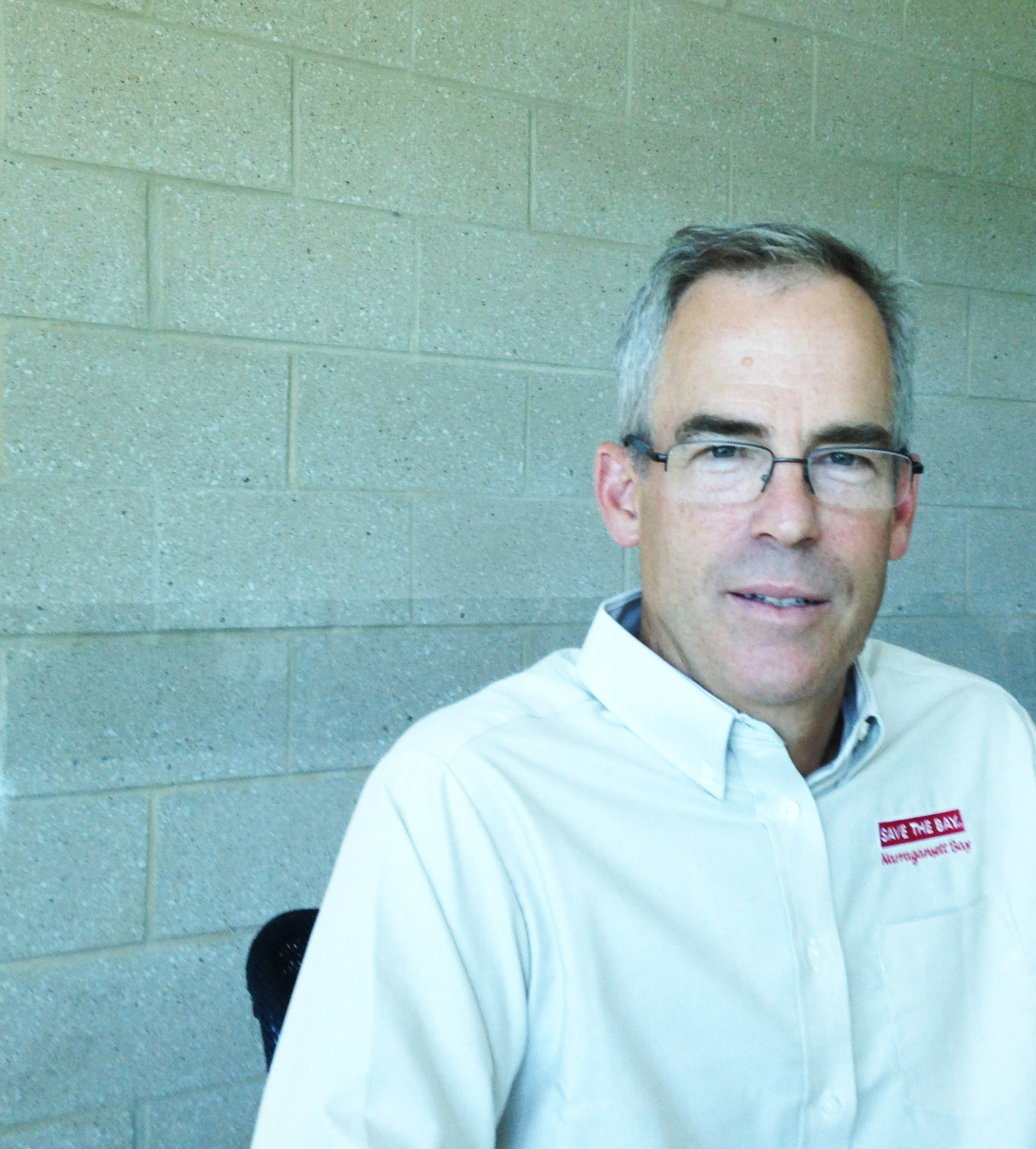Save The Bay announces opposition to Invenergy power plant
The environmental advocacy group for Narragansett Bay explains its reasons for opposing plans for the Burrillville facility
Twenty years ago, in 1997, the utility industry was deregulated, separating out the ownership of power-producing plants as a way to encourage competition in the marketplace. It may be appropriate for researchers to examine the resulting outcomes of that deregulation effort and what it accomplished.
Editors Note: Among the many groups and individuals who testified at the Energy Facilities Siting Board public hearing at the Burrillville High School auditorium on Oct. 10 was Save The Bay, an environmental advocacy group whose mission is focused on protecting the resources of Narragansett Bay.
In announcing its opposition to the proposed $1 billion Invenergy facility known as the Clean River Energy Center, Save The Bay joined forces with numerous citizens and community advocacy groups, including the Conservation Law Foundation, which has led the legal intervention against proposed plant.
ConvergenceRI asked Save The Bay if it would be willing to explain its position further, and the reasons why it chose to speak out against the Invenergy power plant. Here is the group’s response.
PROVIDENCE – On Oct. 10, Save The Bay testified before the state Energy Facility Siting Board, urging denial of Invenergy Thermal Development LLC’s application to construct the Clear River Energy Center in Burrillville.
Save The Bay’s position is based on sound science and our assessment that the power plant will cause unacceptable harm to the Narragansett Bay watershed.
The Clear River, located in northwest Rhode Island, is part of the Blackstone River watershed, a 640-mile basin that extends from Worcester, Mass., to Pawtucket, R.I. The river itself is a major tributary to the Bay, and the health of the Blackstone River watershed has a significant impact on the health of the Bay.
Save The Bay’s position is rooted in a strongly worded and unequivocal advisory opinion prepared by the R.I. Department of Environmental Management and its forestry and wildlife experts.
Not a good location
Citing historic and recently-collected data, DEM’s advisory opinion concluded that the Clear River Energy Center does not belong in the proposed location because the project would harm “an interior forest of high conservation value, vital to the conservation of biodiversity [and] pose[s] unacceptable environmental risks to habitats and plant and animal species.”
Specifically, the DEM notes that construction of the facility would affect 105 acres of valuable forest and wetlands, and lead to substantial forest clearing and habitat fragmentation that will negatively impact at least 520 animal and plant species, including one state-endangered species, four state-threatened species, 10 species of concern, two protected species and 47 species of greatest conservation need.
The project will also cut through, or impact, Natural Heritage Areas, as well as vernal pools and streams that provide habitat for the state’s only cold-water species of fish, the brook trout.
DEM’s Wildlife Action Plan identifies habitat fragmentation as one of the foremost threats to Rhode Island’s biodiversity.
In its advisory opinion, DEM noted that: “The location of a facility of this size and scope immediately adjacent to substantial acreage of state holdings of conservation land is not consistent with the conservation priorities that informed these state conservation plans.”
Profound concern
The threats to wildlife and habitat, forest loss and fragmentation, impacts to at-risk species, and reduced resilience in the face rapid climate change, are of profound concern to Save The Bay.
The EFSB has clear jurisdiction to rule on the impact of the proposed project on conservation priorities established by the state itself over many decades. We urge the EFSB to deny Invenergy’s application to build its power plant in Burrillville, and protect the natural forest lands that are so important to the ecological health and resilience of the Blackstone River watershed and Narragansett Bay itself.
Jonathan Stone is the executive director of Save The Bay.






